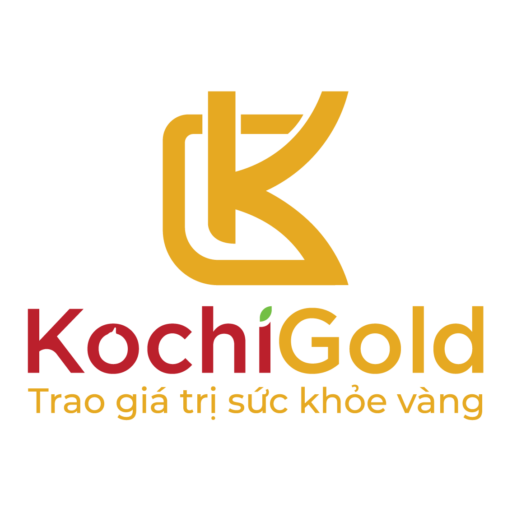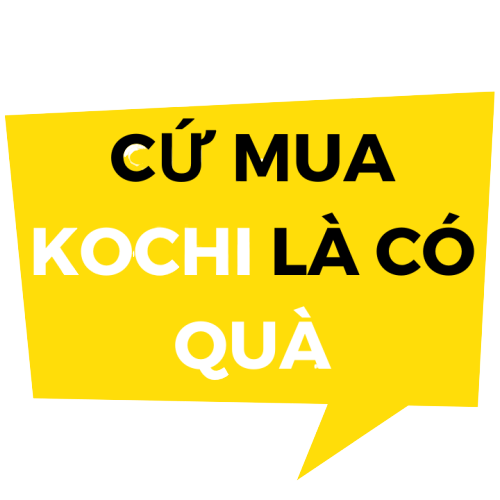Polygonum multiflorum has been used for a long time in herbal remedies and has many beneficial effects on health. It is known for its ability to darken hair, promote a healthy complexion, nourish the kidneys, improve blood circulation, and increase longevity. With its numerous beneficial effects, many people ask questions like ‘What are the components of Polygonum multiflorum?’ and ‘What diseases can Polygonum multiflorum treat?’ These questions will be clarified below.
Nội Dung
What diseases is the Polygonum multiflorum plant and its traditional usage known to treat?
The plant mentioned here is Polygonum multiflorum, also known as red fo-ti or Chinese knotweed. It is a perennial herbaceous vine with a woody base and multiple branches. The roots of Polygonum multiflorum are swollen and dark in color. The stems have a purplish hue with veins or ridges, while the leaves are alternate, lanceolate or ovate, and smooth on both sides. The plant produces small white or light green flowers in clusters, and the fruit is brown, triangular, and enclosed within persistent sepals.
Polygonum multiflorum is commonly found in forested mountainous regions in northern provinces of Vietnam, such as Phu Tho, Bac Giang, Lao Cai, Lai Chau, Nghe An, and others. It thrives in cool climates and is typically grown in semi-shaded areas. Nowadays, to meet the demand for medicinal herbs, red fo-ti is cultivated in various parts of Vietnam. It also grows naturally in countries like Laos, China, India, and Japan. Therefore, the availability of natural Polygonum multiflorum is quite abundant, and people in many countries have been using it for various purposes, including its medicinal benefits.
The medicinal part of Polygonum multiflorum is its dried or dried-processed root. After harvesting, the roots are thoroughly washed and soaked in rice water for 24 hours. Then, they are sliced and placed in a pot. Black soybeans are added to reduce the bitter taste, and the mixture is boiled until it is nearly dry. After cooling, the cores are removed, and the roots are dried. This process is repeated nine times for the best results.

What diseases does Polygonum multiflorum treat?
So what diseases can be treated with Polygonum multiflorum?
According to researchers, Polygonum multiflorum contains substances such as Anthranoids, accounting for 1.7% of its composition, including emodin, physcion, rhein, and chrysophanol. Additionally, it contains 1.1% protein, 45.2% starch, 3.1% lipids, 4.5% inorganic matter, 26.45% water-soluble compounds, lecithin, and rhaponticin. It is also rich in trace elements like manganese, calcium, zinc, and iron.
The two most important components of Polygonum multiflorum are Anthranoids and Lecithin. Anthranoids are known to increase bowel movements and soften stool, making it beneficial in cases of inflammatory bowel disease and constipation. Lecithin is a combination of glycerophosphoric acid with a choline molecule and two fatty acid molecules.
With such composition, what are the effects of Polygonum multiflorum in treating diseases?
In traditional medicine, Polygonum multiflorum is known for its bitter and slightly warm taste. It has a neutralizing effect and is associated with the liver and kidney meridians. It is believed to tonify the kidneys, nourish the blood, and treat conditions such as constipation, insomnia, and kidney deficiency. Additionally, the plant contains various active compounds, vitamins, starch, lipids, and other beneficial components for health.
In folk medicine, there is a saying passed down through generations: “To make hair dark and skin red, let’s go up the mountain to find Polygonum multiflorum.” This verse indicates the effects of Polygonum multiflorum in treating hair graying and promoting beautiful skin. Therefore, it is highly regarded by those with prematurely graying hair.
The active constituents present in Polygonum multiflorum extract are believed to slow down the cell aging process. Many people who use it for an extended period may notice a gradual darkening of their gray hair. Polygonum multiflorum stimulates the growth and development of red blood cells, promoting a healthy, rosy, and firm complexion, which contributes to skin rejuvenation.
- What diseases can Polygonum multiflorum treat related to the liver and kidneys:
The kidney-tonifying effect of Polygonum multiflorum is commonly used for individuals with kidney deficiency, blood deficiency, dizziness, tinnitus, lower back and knee pain, weak tendons and bones, nocturnal emissions, and erectile dysfunction. The decoction of Polygonum multiflorum has the ability to increase glycogen accumulation in the liver.
- What diseases can Polygonum multiflorum treat related to the cardiovascular system:
Polygonum multiflorum can reduce cholesterol levels in the blood, prevent arterial plaque formation, lower blood pressure, and regulate lipid disorders. It also has a positive effect on the endocrine system. It is beneficial in cases of elevated blood lipids, particularly when accompanied by high blood sugar and increased cholesterol.
- What diseases can Polygonum multiflorum treat related to digestion:
The anthranoid compounds in Polygonum multiflorum have a laxative effect and can increase gastrointestinal motility, thus promoting gastric and intestinal digestion. Polygonum multiflorum is used in cases of constipation, fecal impaction, and poor digestion.
- What diseases can Polygonum multiflorum treat related to the blood:
Polygonum multiflorum contains lecithin, which has a nerve-nourishing effect and protects cholinergic nerve fibers. It is beneficial for patients with Parkinson’s disease, insomnia, stress reduction, anemia, pale complexion, emaciation, irregular menstruation, qi deficiency, and leukopenia.
Please note that the effects of Polygonum multiflorum on these conditions are based on traditional beliefs and anecdotal evidence. It is always recommended to consult with a healthcare professional for appropriate diagnosis and treatment.
The extract of Polygonum multiflorum has an inhibitory effect on the activity of tuberculosis bacteria.
It is used to treat certain skin conditions such as pustular dermatitis, gonorrhea, athlete’s foot, acne, and itching rashes.
The beneficial effects of Polygonum multiflorum include kidney tonification, blood nourishment, and promotion of blood circulation. These effects are essential when discussing Polygonum multiflorum. Additionally, Polygonum multiflorum has the ability to enhance the vitality of a weakened body, extend lifespan, and promote overall health.

What diseases does Polygonum multiflorum treat?
What precautions should be taken when using Polygonum multiflorum to treat diseases?
When using Polygonum multiflorum for its various beneficial effects, it is important to take precautions and use it correctly to achieve the desired results. The appropriate dosage should be determined based on the individual’s specific condition to ensure effectiveness. What diseases should caution be exercised when using Polygonum multiflorum to treat?
During the processing of this herbal medicine, Polygonum multiflorum contains a significant amount of tannins. Tannins can have an astringent effect on the intestines, leading to constipation. To eliminate tannins, the herb can be soaked in rice water and processed with additional ingredients such as black beans or white wine. Additionally, Polygonum multiflorum contains anthraquinones. Excessive use of herbal preparations containing high levels of anthraquinones can cause excessive bowel movement, increased mucus secretion, and diarrhea.
Consuming raw Polygonum multiflorum may cause abdominal pain and diarrhea.
Despite its beneficial effects, Polygonum multiflorum also has potential side effects. It can disrupt electrolyte balance, cause numbness in the extremities, excessively moisten the intestines, and even have adverse effects on the liver and kidneys.
If symptoms such as loss of appetite, fatigue, or excessive jaundice occur while taking Polygonum multiflorum, it is advisable to discontinue its use.
Polygonum multiflorum is a valuable medicinal herb in Traditional Chinese Medicine with numerous health benefits. However, it is not suitable for certain conditions, including:
- Digestive disorders, gastric inflammation, and diarrhea.
- Urinary tract inflammation.
- Muscle inflammation and electrolyte imbalances.
Children under 3 years old, pregnant women, and nursing mothers should exercise caution, and individuals who are sensitive or allergic to Polygonum multiflorum should avoid using it for medicinal purposes.
Polygonum multiflorum is a valuable herbal medicine that is easy to cultivate and offers multiple therapeutic effects. However, it is important to use it correctly. Based on the gathered information, the provided details contribute to answering the question of what diseases Polygonum multiflorum can treat. Proper preparation and administration methods can help minimize unwanted effects and maximize the beneficial effects of Polygonum multiflorum.
To obtain further information about the article, please contact the hotline at 02462918086 or visit the website kochi.vn.
REFERENCES:
- Đỗ Tất Lợi (2004), Những cây thuốc và vị thuốc Việt Nam, NXB Y học, tr. 833-836.
- Viện Dược liệu (2006), Cây thuốc và động vật làm thuốc ở Việt Nam, Vol. Tập 1, NXB Khoa học và kỹ thuật, tr.884-888.



